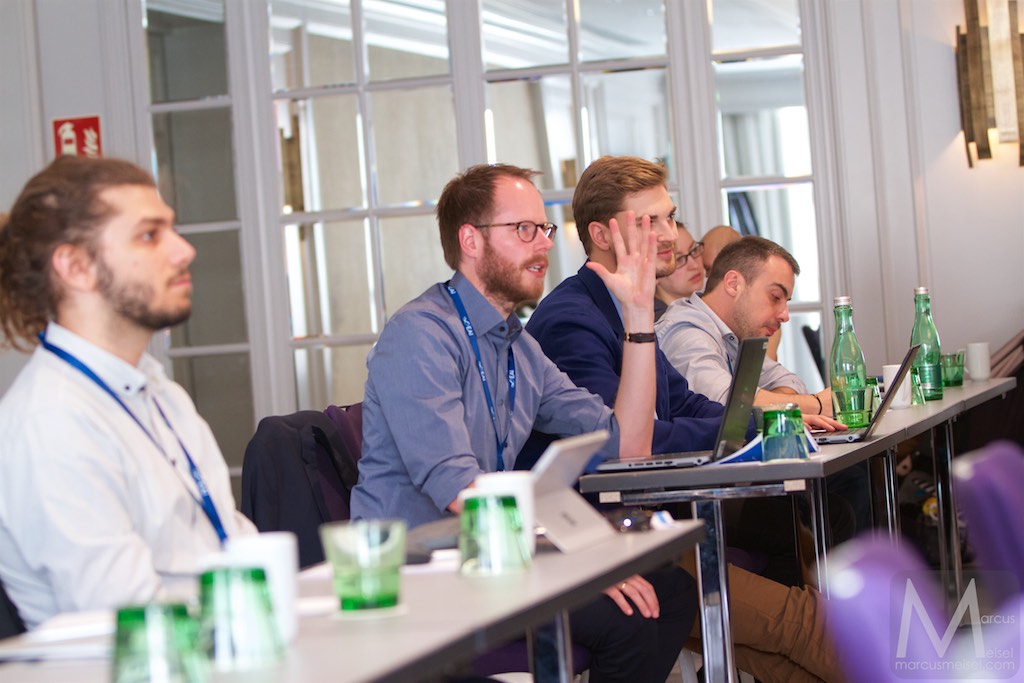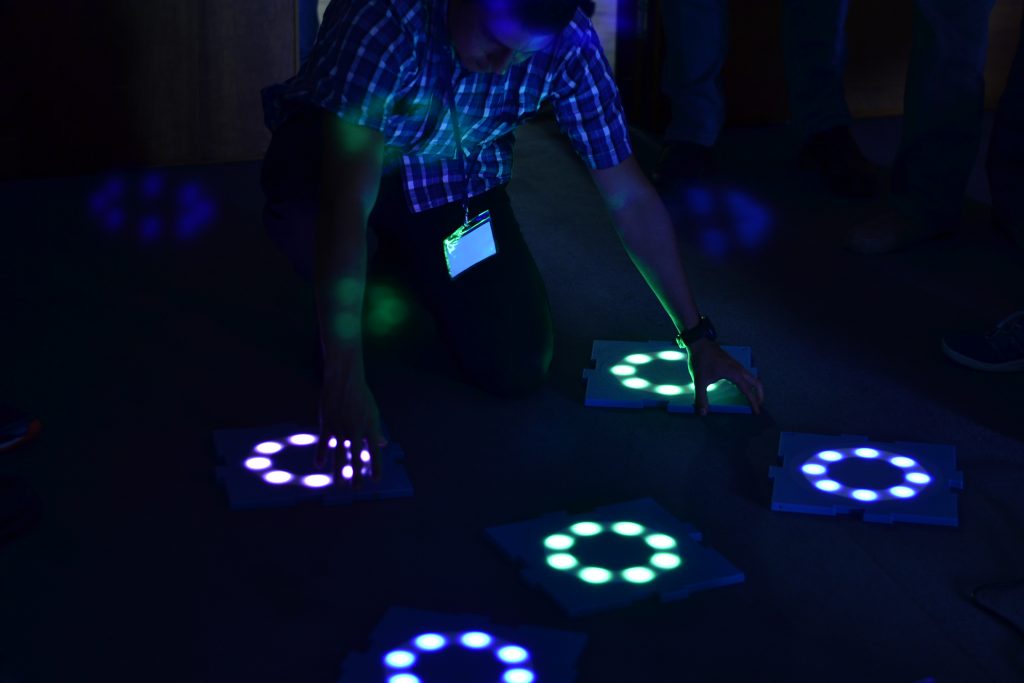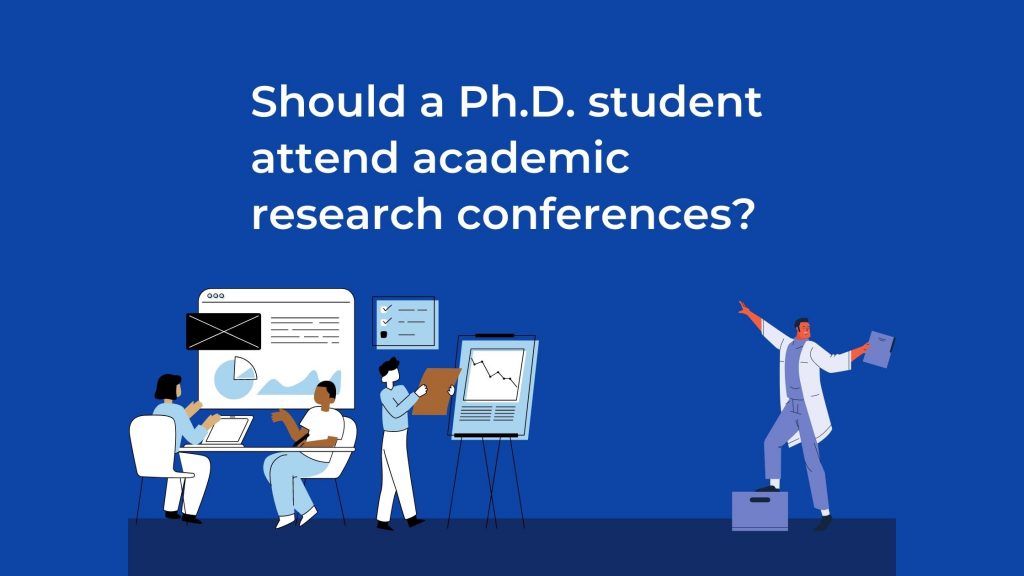Although academic research conferences may seem like a lot of time or money invested into something stopping you from working on your PhD (MA…) research, it is good to think about something more social (as opposed to the isolation connected to the hard study and research work).
An international conference is an extracurricular activity that counts, sounding good in your profile – and possibly vital for enhancing your research. Listening to others also relaxes your mind from the overstrain in the one topic you are studying/researching, provides inspiration and other approaches to thinking/presentation methods (you can even see a keynote you would do differently – instantly having a clue of what not to do and how you actually want to do yours, later.
Meet peers
At conferences, you are able to watch and even meet peers. Like-minded researchers share your worries as well as interest, and the people know how does spending a lot of the time in the library or in the lab feels. You can meet new friends as well as possible co-authors and connect with the great scientific community.
Network with more senior people and professionals in the field
Not only people who get you are the cool thing about conferences – the presenters and participants are, of course, expected to be accomplished researchers (or aspiring to be that). Senior scholars and academics, as well as recognized researchers, are expected to be at conferences, creating a possibility for you to get to know possible future mentors or acknowledged people to draw inspiration from in your next research. Not even talking about experiencing specific topics from the point of view you might not have had thought of, giving you not only inspiration but the space to ask questions, ask for opinions, or even getting valuable contacts based on your interest. Talk to people – not only ask them after they’ve finished presenting, but also make a point – or start a deeper conversation – during a coffee break.

Questions are ideas
Use the Questions and Answers parts of the presentations to your benefit, and get to know an incredibly specific piece of information that can even make a cool insight making your own work unique. Even if never using the answers you get, the stimulation of your brain by making it think (and ask), as well as the answer itself, might be worth it.
Learn new, groundbreaking information
Conferences are often the first places for the researchers to test their concepts and ideas. As a part of an audience first to receive, think about, or criticize groundbreaking research theories, you have access to info on a subject that is very rarely present/published anywhere yet.

Practice & workshops
Some conferences are not only abstracts, presentations, and discussions, but workshops with practical work, exercises, or hands-on advice are provided. Workshops can help you better understand how to publish your research or how to engage your audience with impact.
Presentation training
You might not be the best presenter – or a person to start a discussion. To talk in front of people as well as to (senior) people might be scary, though it is a skill that can be learned. By watching the skilled keynotes, noticing the good points, but also by making yourself ask and talk to these (and other) people, you WILL become more social-skilled – and a better presenter – even if not really trying. Think of all the people being there for the same reason – their field, important research, idea-sharing, and new thought, and, of course, socializing. The goal is the same – and often, the goal is the whole way through the conference (as opposed to only one important lecture).
A plus point in your CV
To be attending a conference is for sure a nice point to add to your LinkedIn as well as your CV – not only, but especially if you have presented. It, in any case, boosts your profile by showing you as proactive to potential employers, making job-searching easier – or showing the future grant-awarding organizations your engagement in the topic / field.
If you decide to present your research at one of the EAI conferences, you might want to hear back from the audience. Not only it could help you to develop as a presenter, but also gain a reputation.
EAI designed a free service for the conference registrants to make their on-site or online experience even more social – EAI Compass. The key features allow to navigate in the program, read the full papers, download proceedings, but also connect with other researchers and vote for the best presentations.
_____
You have a lot to gain when attending a conference, and you don’t need to be a great researcher already. Just the opposite: a conference might be the way to become one, getting the how-to’s of senior academics, scientists, and scholars, and making new, important contacts.


